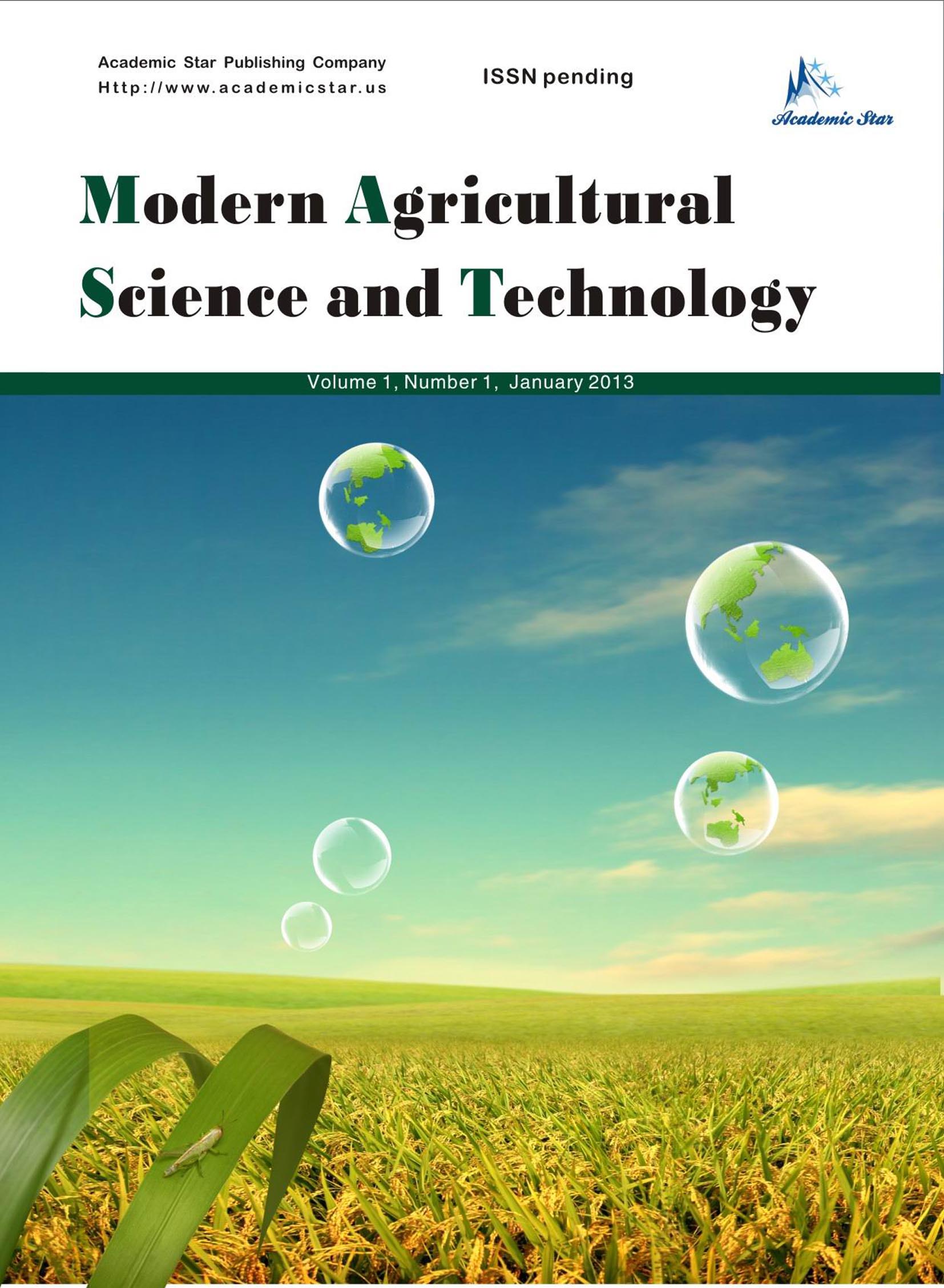Technology and Engineering

- ISSN: 2375-9402
- Modern Agricultural Science and Technology
A Scenario Analysis of the Impact of Improved Water Distribution
at the Tertiary Level on Water Savings in the Irrigation System
Ahmed Aly Mohamed1, Yoshinobu Kitamura2, Katsuyuki Shimizu2, Ichiro Kita3, and Talaat El-Gamal4
1. Water Management Research Institute (NWRC), Delta Barrage, P.C 13621/5, Egypt
2. Faculty of Agriculture, Tottori University, 4-101 Koyama-cho Minami, Tottori, 680-8553 Japan
3. Faculty of Life and Environmental Science, Shimane University, Matsue, Shimane 690-8504, Japan
4. Water Management Research Institute, National Water Research Center, Delta Barrage, P.C 13621/5, Egypt
2. Faculty of Agriculture, Tottori University, 4-101 Koyama-cho Minami, Tottori, 680-8553 Japan
3. Faculty of Life and Environmental Science, Shimane University, Matsue, Shimane 690-8504, Japan
4. Water Management Research Institute, National Water Research Center, Delta Barrage, P.C 13621/5, Egypt
Abstract: Efficient operation and management of an irrigation system plays an important role in the sustainability of irrigated agriculture. Egypt faces great challenges in enforcing policies to improve the performance of the existing delivery system by implementing more effective irrigation technologies. The objective of this study is to assess the hydraulic behavior of the irrigation network and to investigate the optimal supply-flow discharge. Hydrologic Engineering Center River Analysis System (HEC-RAS Model) was employed in this study. This model was applied to the El-Wasat command area in the Nile Delta by presenting three main cases with more practical operation at lifting points operation. Each case applies three proposal scenarios. These scenarios suggest different ways of delivery scheduling for improved lifting points along with a proposal. The three proposed scenarios in this study are uncontrolled continuous flow, demand schedule, and flexible arranged schedule. Practical cases of operation are presented in different ways for the pumped water unit at lifting points that are one time, lag time, and migrate time. Demand scheduling and/or the flexible arranged scheduling scenarios succeeded in completing full turns through different sections of improved branch canal by different cases of lifting point operation. Especially, flexible arranged scheduling is a better choice for improving water distribution among lifting points in terms of stable water delivery. The study illustrated that the way to improve equitable water allocation should be to
reduce water losses downstream of the lifting points as the cultivation of rice crops will be reduced as regulated by the government. The water delivered downstream of the head regulator should be distributed among lifting points through the flexible internal rotation.
Key words: HEC-RAS, simulation, improved irrigation system, tertiary canal, the Nile Delta






